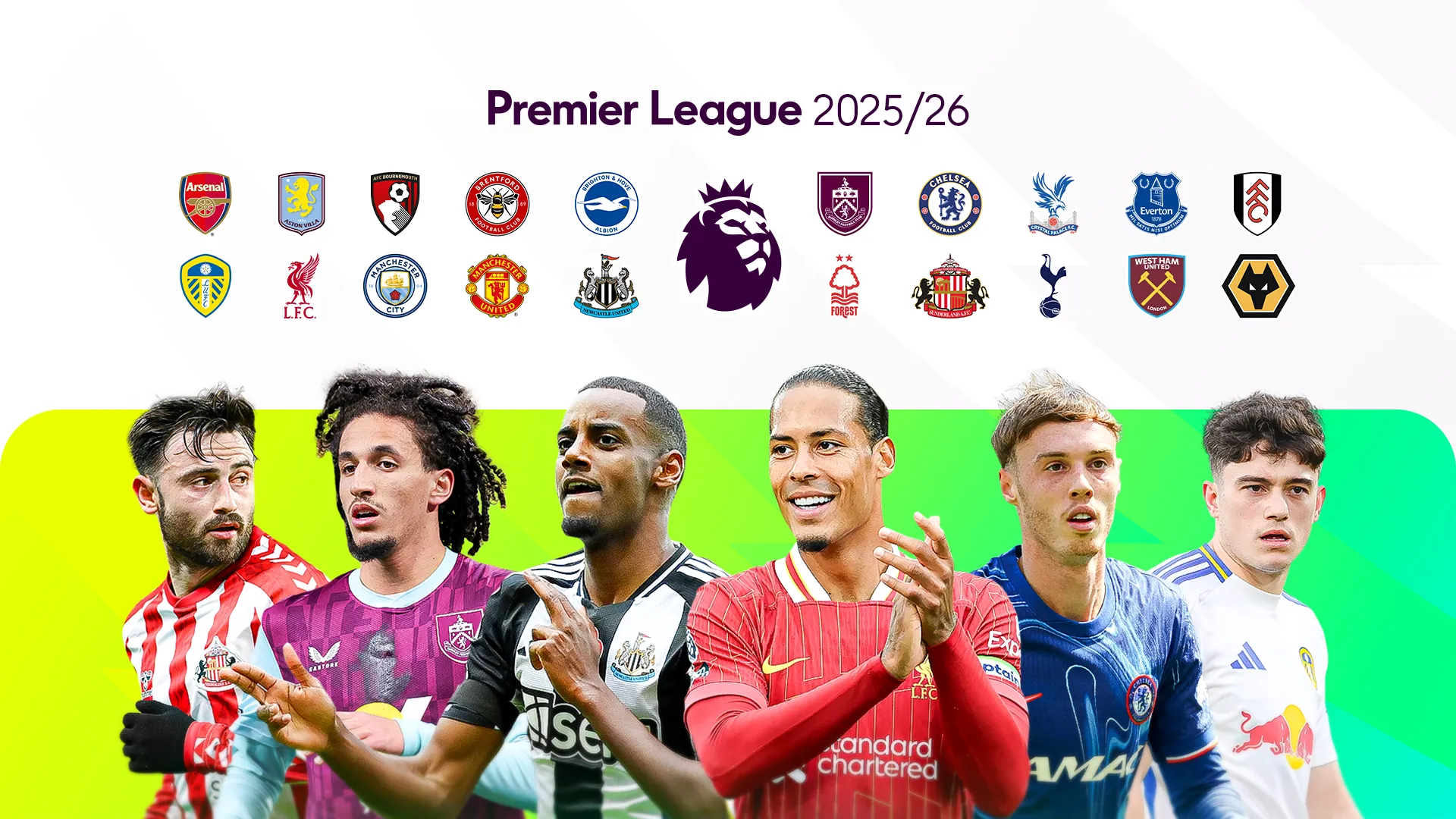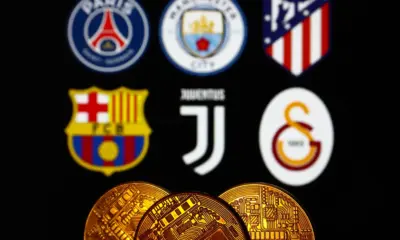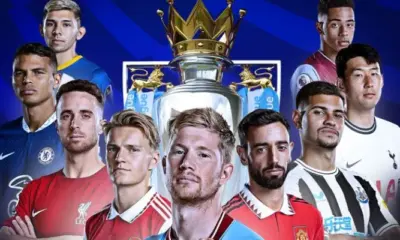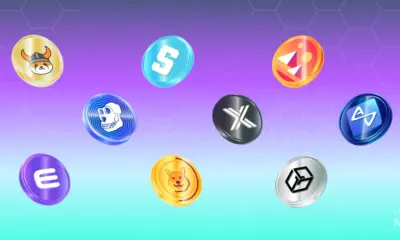Sports
Premier League 2025: Digital Fan Engagement Redefines the Business of Football

The Premier League is undergoing a digital revolution in 2025, blending technology, finance, and fan culture in ways that are transforming both the sport and its global appeal. Clubs across England are adopting advanced data analytics, NFT-based memberships, and interactive streaming platforms to deepen fan connections while driving record revenues. As football modernizes its business model, London teams are at the forefront of this new era of engagement and monetization.
From Stadiums to Screens: The Rise of Digital Fans
According to a Deloitte Sports Finance report, Premier League revenues are projected to surpass £7.8 billion in 2025, fueled not only by broadcast rights but also by digital fan platforms. The pandemic era accelerated this shift and clubs have since learned how to turn digital loyalty into real economic value.
Teams like Arsenal, Chelsea, and Tottenham Hotspur have invested heavily in interactive fan ecosystems. Arsenal’s “FanVerse App” allows supporters worldwide to access exclusive content, virtual match-day experiences, and blockchain-based loyalty rewards. Tottenham has gone further by experimenting with AI-driven fan insights, tailoring digital campaigns and merchandise to audience behavior.
Meanwhile, London’s West Ham United has embraced augmented reality (AR) in its stadium experience, enabling fans to view live player stats and tactical overlays through mobile devices during matches. Analysts believe these innovations could boost in-stadium engagement by up to 40% over the next two seasons.
NFTs, Sponsorships, and the Crypto Connection
Blockchain and digital assets have also become key to football’s commercial landscape. Premier League clubs have collectively launched more than 60 NFT collections since 2023, offering fans ownership of exclusive digital memorabilia, goal highlights, and artwork.
However, the trend is evolving beyond collectibles. Chelsea’s partnership with Socios.com now integrates fan tokens that provide real voting rights on club initiatives, such as kit design or charity sponsorships. Manchester City has introduced a digital season ticket NFT, allowing global fans to access behind-the-scenes content and virtual stadium tours.
Sponsorship strategies are also shifting. Instead of traditional advertising boards, clubs are partnering with fintech and Web3 brands, creating hybrid experiences where fans interact with sponsors through games, giveaways, and social tokens.
Streaming, Data, and the Global Audience
The Premier League’s global audience estimated at 4.6 billion annual viewers continues to be its most valuable asset. To reach younger audiences, the league has expanded partnerships with Amazon Prime, YouTube, and TikTok Sports, blending match highlights with interactive analytics and real-time commentary.
At the same time, clubs are leveraging AI analytics to personalize marketing campaigns. Using fan data, they can predict merchandise demand, optimize ticket pricing, and identify emerging markets for global tours. According to PwC’s Sports Outlook 2025, digital engagement now contributes nearly 30% of total club revenue growth.
Conclusion
In 2025, English football is no longer just a game it’s a high-tech, globally connected business. London’s clubs are leading this transformation, using data, AI, and blockchain to redefine the fan experience and unlock new revenue streams. As the Premier League embraces innovation, it continues to prove why it remains the world’s most commercially successful sporting league.






















